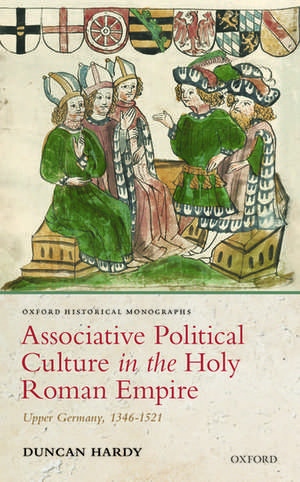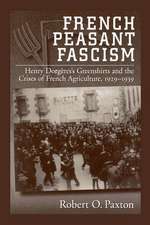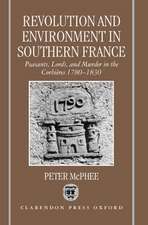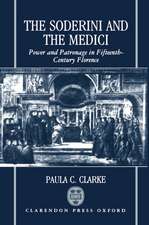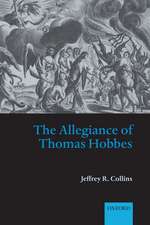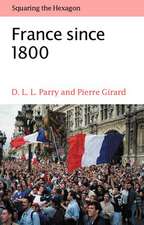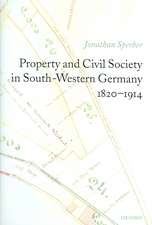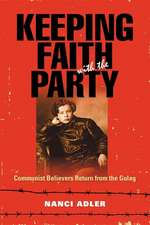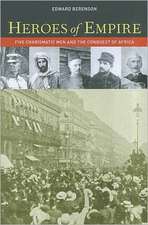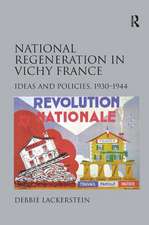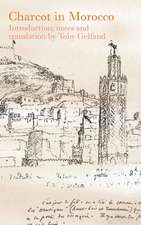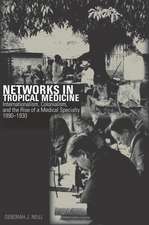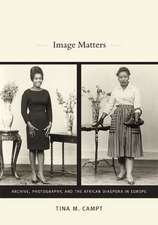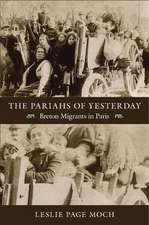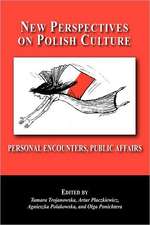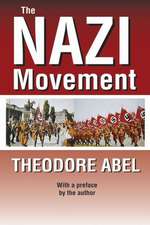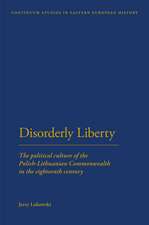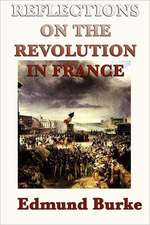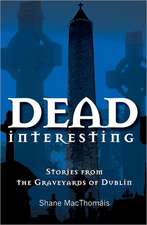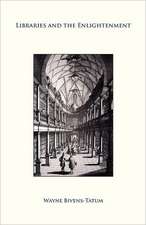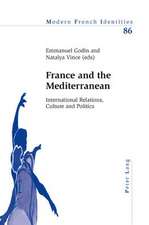Associative Political Culture in the Holy Roman Empire: Upper Germany, 1346-1521: Oxford Historical Monographs
Autor Duncan Hardyen Limba Engleză Hardback – 12 sep 2018
Din seria Oxford Historical Monographs
- 22%
 Preț: 497.81 lei
Preț: 497.81 lei - 12%
 Preț: 310.34 lei
Preț: 310.34 lei - 30%
 Preț: 539.99 lei
Preț: 539.99 lei - 30%
 Preț: 497.63 lei
Preț: 497.63 lei - 13%
 Preț: 532.53 lei
Preț: 532.53 lei - 15%
 Preț: 244.01 lei
Preț: 244.01 lei - 30%
 Preț: 499.46 lei
Preț: 499.46 lei - 25%
 Preț: 556.27 lei
Preț: 556.27 lei - 30%
 Preț: 498.68 lei
Preț: 498.68 lei - 30%
 Preț: 604.98 lei
Preț: 604.98 lei - 30%
 Preț: 498.68 lei
Preț: 498.68 lei - 24%
 Preț: 496.31 lei
Preț: 496.31 lei - 19%
 Preț: 497.26 lei
Preț: 497.26 lei - 30%
 Preț: 499.46 lei
Preț: 499.46 lei - 30%
 Preț: 497.67 lei
Preț: 497.67 lei - 30%
 Preț: 500.29 lei
Preț: 500.29 lei - 13%
 Preț: 533.57 lei
Preț: 533.57 lei - 25%
 Preț: 569.72 lei
Preț: 569.72 lei - 30%
 Preț: 610.82 lei
Preț: 610.82 lei - 34%
 Preț: 1153.34 lei
Preț: 1153.34 lei - 51%
 Preț: 614.88 lei
Preț: 614.88 lei - 34%
 Preț: 1195.31 lei
Preț: 1195.31 lei - 34%
 Preț: 1035.84 lei
Preț: 1035.84 lei - 34%
 Preț: 1006.40 lei
Preț: 1006.40 lei - 29%
 Preț: 864.39 lei
Preț: 864.39 lei - 34%
 Preț: 1160.09 lei
Preț: 1160.09 lei - 34%
 Preț: 1432.67 lei
Preț: 1432.67 lei - 31%
 Preț: 328.46 lei
Preț: 328.46 lei - 34%
 Preț: 574.40 lei
Preț: 574.40 lei - 34%
 Preț: 1067.93 lei
Preț: 1067.93 lei - 34%
 Preț: 1004.67 lei
Preț: 1004.67 lei - 31%
 Preț: 331.22 lei
Preț: 331.22 lei - 34%
 Preț: 1153.28 lei
Preț: 1153.28 lei - 34%
 Preț: 1254.66 lei
Preț: 1254.66 lei - 34%
 Preț: 962.63 lei
Preț: 962.63 lei - 34%
 Preț: 946.79 lei
Preț: 946.79 lei - 34%
 Preț: 1126.38 lei
Preț: 1126.38 lei - 31%
 Preț: 469.27 lei
Preț: 469.27 lei - 23%
 Preț: 332.04 lei
Preț: 332.04 lei - 28%
 Preț: 375.23 lei
Preț: 375.23 lei - 34%
 Preț: 1049.14 lei
Preț: 1049.14 lei - 34%
 Preț: 1036.73 lei
Preț: 1036.73 lei - 51%
 Preț: 757.67 lei
Preț: 757.67 lei - 34%
 Preț: 1082.61 lei
Preț: 1082.61 lei - 34%
 Preț: 1155.39 lei
Preț: 1155.39 lei - 31%
 Preț: 328.53 lei
Preț: 328.53 lei - 34%
 Preț: 1110.12 lei
Preț: 1110.12 lei - 31%
 Preț: 487.75 lei
Preț: 487.75 lei - 34%
 Preț: 1153.41 lei
Preț: 1153.41 lei - 34%
 Preț: 1157.21 lei
Preț: 1157.21 lei
Preț: 656.90 lei
Preț vechi: 900.98 lei
-27% Nou
Puncte Express: 985
Preț estimativ în valută:
125.70€ • 136.97$ • 105.92£
125.70€ • 136.97$ • 105.92£
Carte tipărită la comandă
Livrare economică 12-18 aprilie
Preluare comenzi: 021 569.72.76
Specificații
ISBN-13: 9780198827252
ISBN-10: 0198827253
Pagini: 322
Dimensiuni: 147 x 222 x 24 mm
Greutate: 0.52 kg
Editura: OUP OXFORD
Colecția OUP Oxford
Seria Oxford Historical Monographs
Locul publicării:Oxford, United Kingdom
ISBN-10: 0198827253
Pagini: 322
Dimensiuni: 147 x 222 x 24 mm
Greutate: 0.52 kg
Editura: OUP OXFORD
Colecția OUP Oxford
Seria Oxford Historical Monographs
Locul publicării:Oxford, United Kingdom
Recenzii
This well-written, tightly argued monograph analyzes the political culture of the fragmented southwestern regions of the Holy Roman Empire between the medieval and early modern periods ... Hardy persuasively challenges traditional historiographic models that seek the origins of state development through territorialization in the late medieval German-speaking lands or that treat imperial estates as hierarchically distinct and territorially bounded ... Hardy's alternative model will be much cited and should inspire research in other imperial regions and beyond ... Highly recommended.
The study is based not only on extensive work on sources in numerous archives in Alsace, south-western Germany, Switzerland, and Austria; it is also noteworthy for its exceptionally deep engagement with the current state of German scholarship, as reflected in the bibliography....Hardy's interpretative model, drawing on a profound knowledge of the sources and research, therefore offers the basis for the discussion of a different conception of the late medieval Empire. This altogether stimulating approach will lead to much productive debate.
...this is an important book that deserves wide readership among medievalists and early modernists, and it would even be of interest more broadly to historians of political thought.
...this is a book that should be on the reading list of any scholar working on late medieval and early modern Central Europe.
The study is based not only on extensive work on sources in numerous archives in Alsace, south-western Germany, Switzerland, and Austria; it is also noteworthy for its exceptionally deep engagement with the current state of German scholarship, as reflected in the bibliography....Hardy's interpretative model, drawing on a profound knowledge of the sources and research, therefore offers the basis for the discussion of a different conception of the late medieval Empire. This altogether stimulating approach will lead to much productive debate.
...this is an important book that deserves wide readership among medievalists and early modernists, and it would even be of interest more broadly to historians of political thought.
...this is a book that should be on the reading list of any scholar working on late medieval and early modern Central Europe.
Notă biografică
Duncan Hardy is a historian of late medieval and early modern Europe, specializing in German and Central European history. He undertook undergraduate and graduate studies in history at the University of Oxford, and completed his doctorate under the supervision of John Watts in 2015. He subsequently held research fellowships at the Institute of Historical Research in London, the Université libre de Bruxelles, and Trinity College, Cambridge. Currently he is Assistant Professor in the Department of History at the University of Central Florida.
